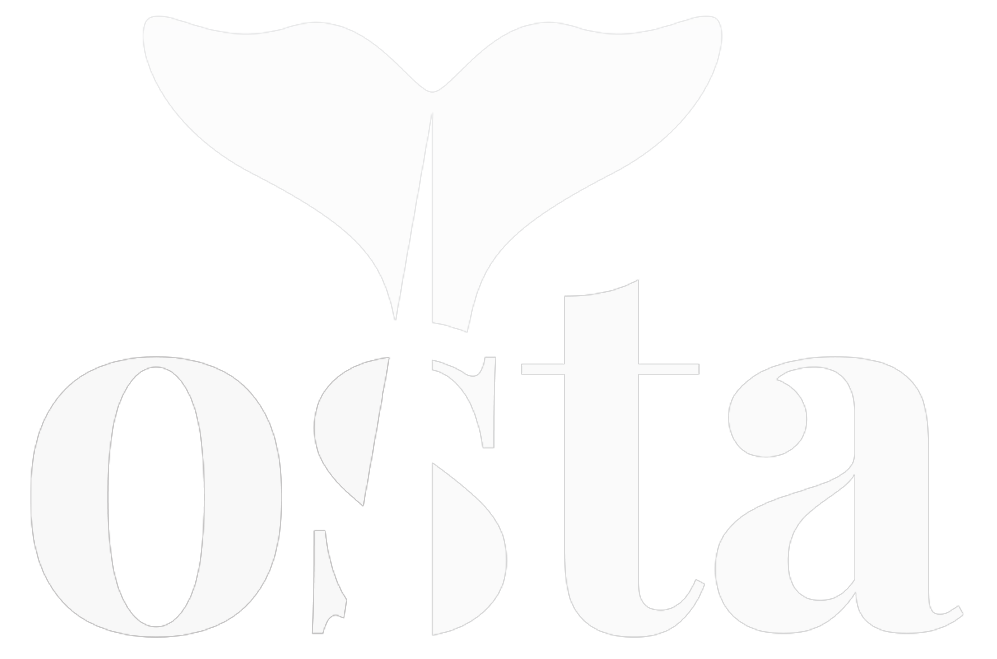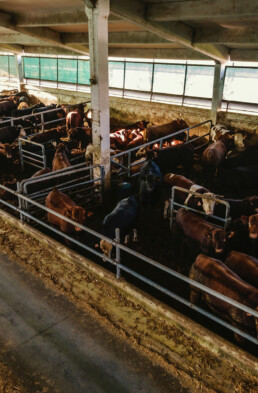Dierlijke uitdagingen overwinnen
Dierenwelzijn: het ontbrekende criterium bij vergunningverlening voor dierenverblijven
De huidige Vlaamse dierenwelzijnswetgeving vertoont een belangrijke tekortkoming: bij het verlenen van omgevingsvergunningen voor inrichtingen die dieren huisvesten, zoals dierentuinen, veehouderijen en kwekerijen, wordt dierenwelzijn niet in overweging genomen. Deze vergunningen worden uitsluitend verleend op basis van milieu- en stedenbouwkundige criteria, zonder de potentiële impact op het welzijn van de dieren in deze inrichtingen te evalueren.
Dit gebrek aan pro-actieve benadering heeft ernstige gevolgen. Dierenbeschermingsorganisaties kunnen pas ingrijpen nadat een inrichting al is vergund en operationeel is, wat het aanpakken van dierenleed aanzienlijk bemoeilijkt. Een effectievere aanpak zou zijn om dierenwelzijn als criterium op te nemen in het vergunningsproces, waardoor dierenleed kan worden voorkomen in plaats van achteraf te moeten worden aangepakt.
Het ontbreken van een verplichte dierimpactbeoordeling en de afwezigheid van dierenwelzijn als verplicht criterium in het vergunningsproces wijzen op een systematisch falen in het prioriteren van dierenwelzijn. Deze situatie vraagt om een herziening van de wetgeving om ervoor te zorgen dat het welzijn van dieren vanaf het begin een centrale rol speelt bij de beoordeling en goedkeuring van inrichtingen waar dieren worden gehuisvest.
Dierenwelzijn genegeerd bij Vlaamse omgevingsvergunningen
In Vlaanderen wordt dierenwelzijn momenteel genegeerd bij het toekennen van omgevingsvergunningen. Aanvragen voor faciliteiten zoals dierentuinen, intensieve veehouderijen en kwekerijen worden uitsluitend beoordeeld op milieu- en stedenbouwkundige aspecten, terwijl de impact op het welzijn van dieren buiten beschouwing blijft.
Bovendien missen overheden de bevoegdheid om vergunningsaanvragen proactief af te wijzen, zelfs wanneer deze dierenwelzijnswetgeving schenden. Deze wettelijke leemte kan leiden tot het vergunnen van inrichtingen die niet voldoen aan essentiële welzijnsnomren, wat het later aanpakken van dierenleed aanzienlijk bemoeilijkt.
Dierenwelzijnsvoorstanders hebben geen inspraak in vergunningsaanvragen. Het gebrek aan integratie tussen dierenwelzijns- en milieuvergunningswetgeving in Vlaanderen is verontrustend. Vergunningen worden verstrekt zonder toetsing aan dierenwelzijnsnormen, en bezwaren op basis van dierenleed worden systematisch terzijde geschoven. Dit wijst op een structureel probleem in het meewegen van dierenwelzijn bij vergunningsbeslissingen. In contrast staat Wallonië, waar dierenwelzijn wel een verplicht onderzoeks- en beoordelingscriterium is bij omgevingsvergunningen, inclusief een verplichte dierimpactbeoordeling om de gevolgen van dierentuinen of intensieve veehouderijen op het dierenwelzijn in kaart te brengen.[1]
Integratie van dierenwelzijn in de omgevingsvergunningsprocedure
Bij het beoordelen van omgevingsvergunningen voor inrichtingen waar dieren verblijven moet dierenwelzijn een essentieel criterium zijn. Dit omvat de volgende elementen:
- Een verplichte dierenimpactbeoordeling voorafgaand vergunningverlening, bijvoorbeeld voor varkenshouderijen of hondenkwekerijen.
- De opname van dierenwelzijn als een verplicht criterium in het beoordelingsproces.
- De bevoegdheid om vergunningen te weigeren indien deze in strijd zijn met dierenwelzijnswetgeving.
De Vlaamse Raad voor Dierenwelzijn kan als adviesorgaan waardevolle expertise bieden bij de integreren van dierenwelzijn in het vergunningsproces.
Voor de Vlaamse Codex Dierenwelzijn wordt de volgende bepaling voorgesteld:
‘Dierenwelzijn is een criterium bij het verlenen van omgevingsvergunningen voor dierhouderijen. De Vlaamse Raad voor Dierenwelzijn fungeert als adviesorgaan. Het aanvraagdossier dient een uitgebreid rapport te bevatten over de impact op dierenwelzijn.’
Het Vlaamse Gewest beschikt over de bevoegdheid om deze dierenwelzijnsbepalingen in de omgevingsvergunningswetgeving op te nemen.
Potentiële impact: een optimale realiteit voor een groot aantal dieren
Een groot aantal dieren in vergunningsplichtige inrichtingen
__
Het opnemen van dierenwelzijn als een criterium in omgevingsvergunningsprocedures zal een aanzienlijke impact hebben op dieren die in vergunningsplichtige inrichtingen leven. Deze regelgeving beïnvloedt het leven van een hoog aantal dieren dieren, aangezien een omgevingsvergunning vereist is van zodra een inrichting een bepaald minimum aantal dieren huisvest.
De impact van deze regelgeving is breed en omvat diverse inrichtingen zoals:
- Dierentuinen, kinderboerderijen, opvangcentra voor vogels en wilde dieren, en dierenasielen
- Inrichtingen voor amfibieën, reptielen en ongewervelden (insecten, spinachtigen, duizendpoten)
- Pluimveekwekerijen inclusief die voor struisvogels, emoes, nandoes, roofvogels en papegaaien
- Inrichtingen voor zoogdieren, waaronder:
- Landbouwdieren: varkens, kalveren, paardachtigen, runderen, geiten, schapen, herten
- Exotische dieren: alpaca’s, lama’s
- Kleinere zoogdieren: konijnen, knaagdieren, katten, vossen, marters, bevers, chinchilla’s
- Honden- en kattenkwekerijen
Door deze brede toepassing draagt de integratie van dierenwelzijn als criterium in de omgevingsvergunningsprocedure een significante bijdrage aan het verbeteren van dierenwelzijn in diverse sectoren. [2]
[1] Het Waals decreet van 4 oktober 2018 (de Waalse Codex Dierenwelzijn) brengt wijzingen aan in het Waals decreet van 11 maart 1999 betreffende de milieuvergunning. De integratie van dierenwelzijn in de milieuvergunningsprocedure is vastgelegd in verschillende artikelen van het decreet, namelijk Artikel 2 (eerste lid), Artikel 3 bis, Artikel 4-5 (§2 derde lid) en Artikel 17 (11°) van het decreet.
[2] Titel II van VLAREM (Vlaams Reglement betreffende de milieuvergunning), Bijlage 1. Indelingslijst, Rubriek 9, Dieren.


